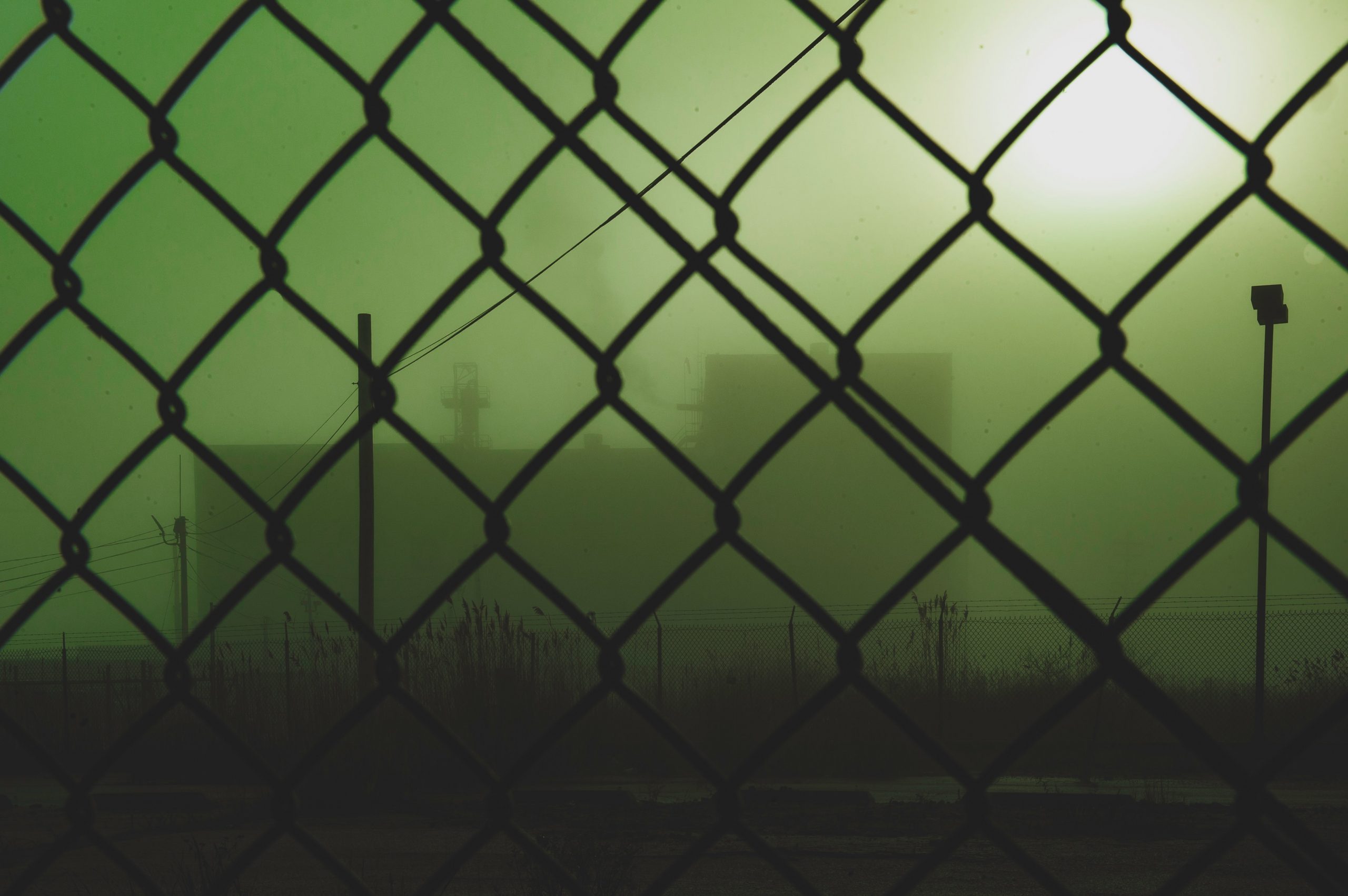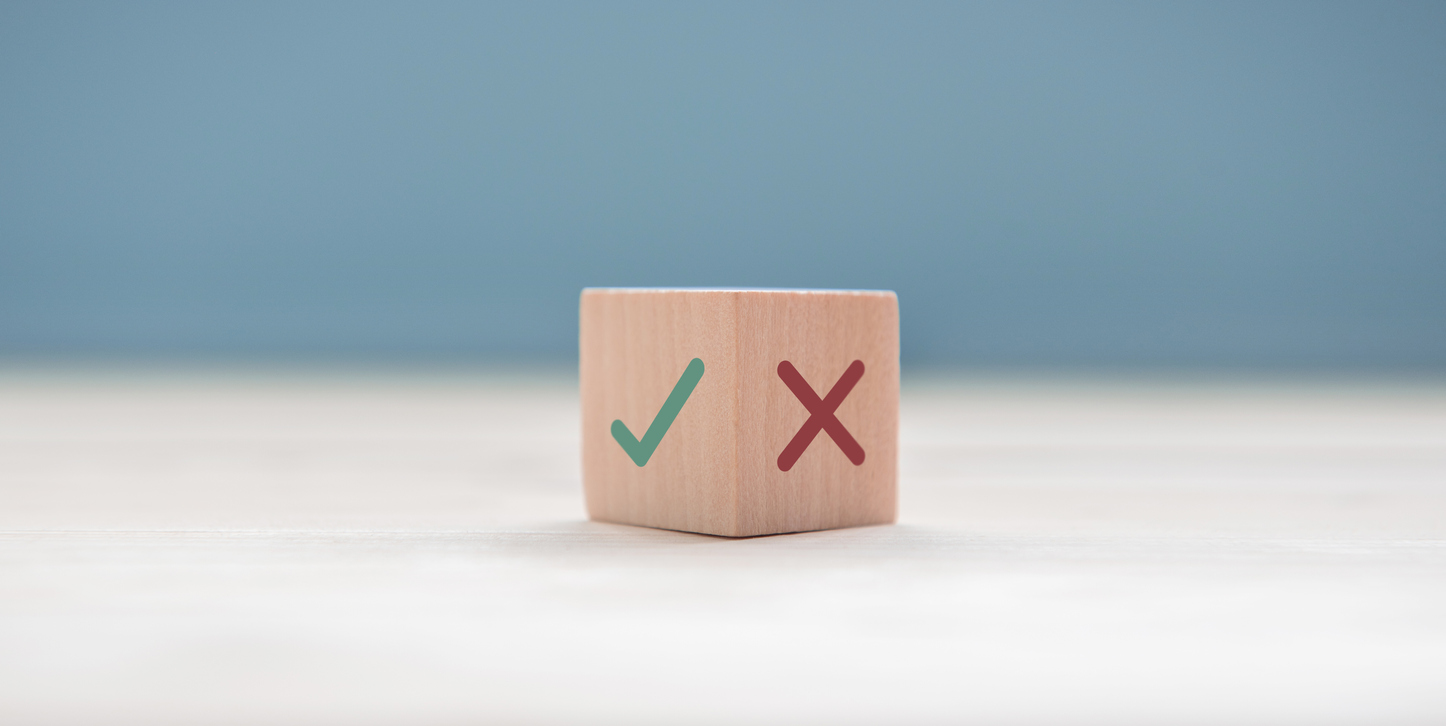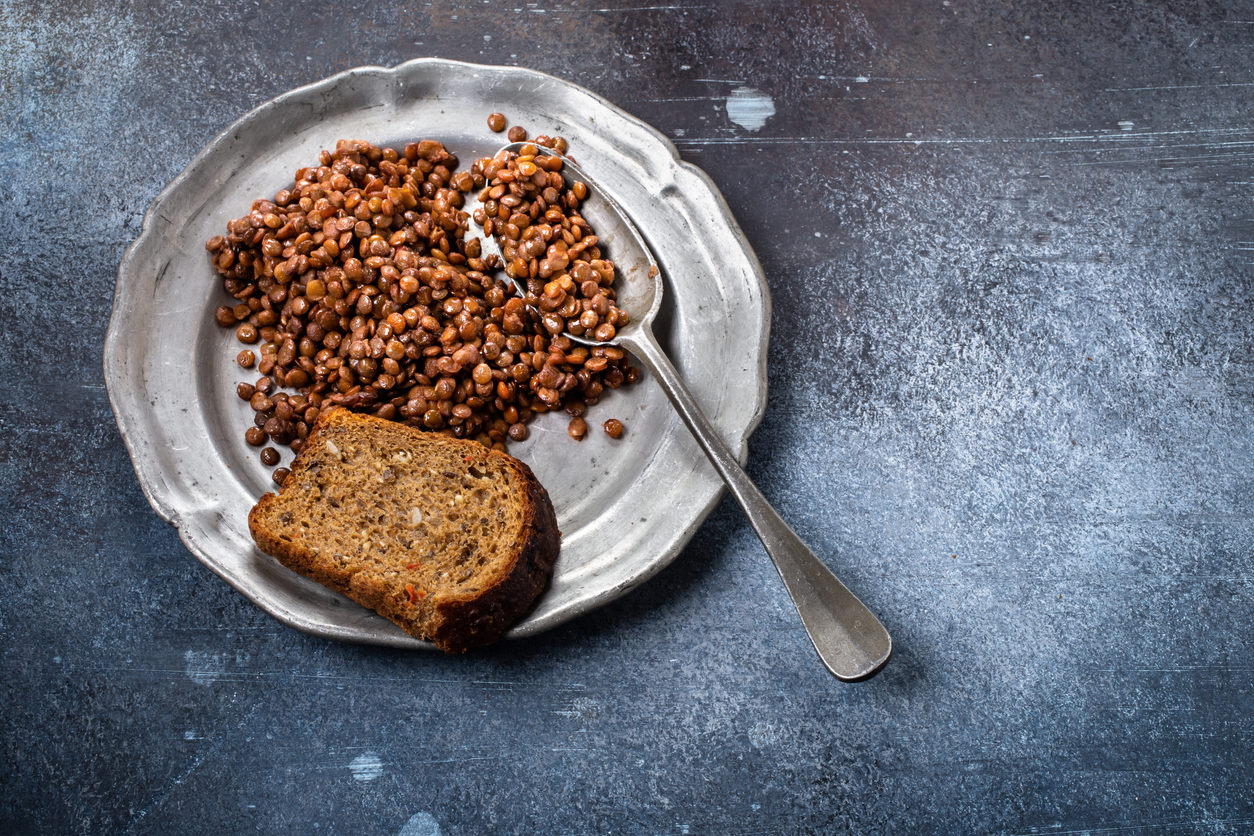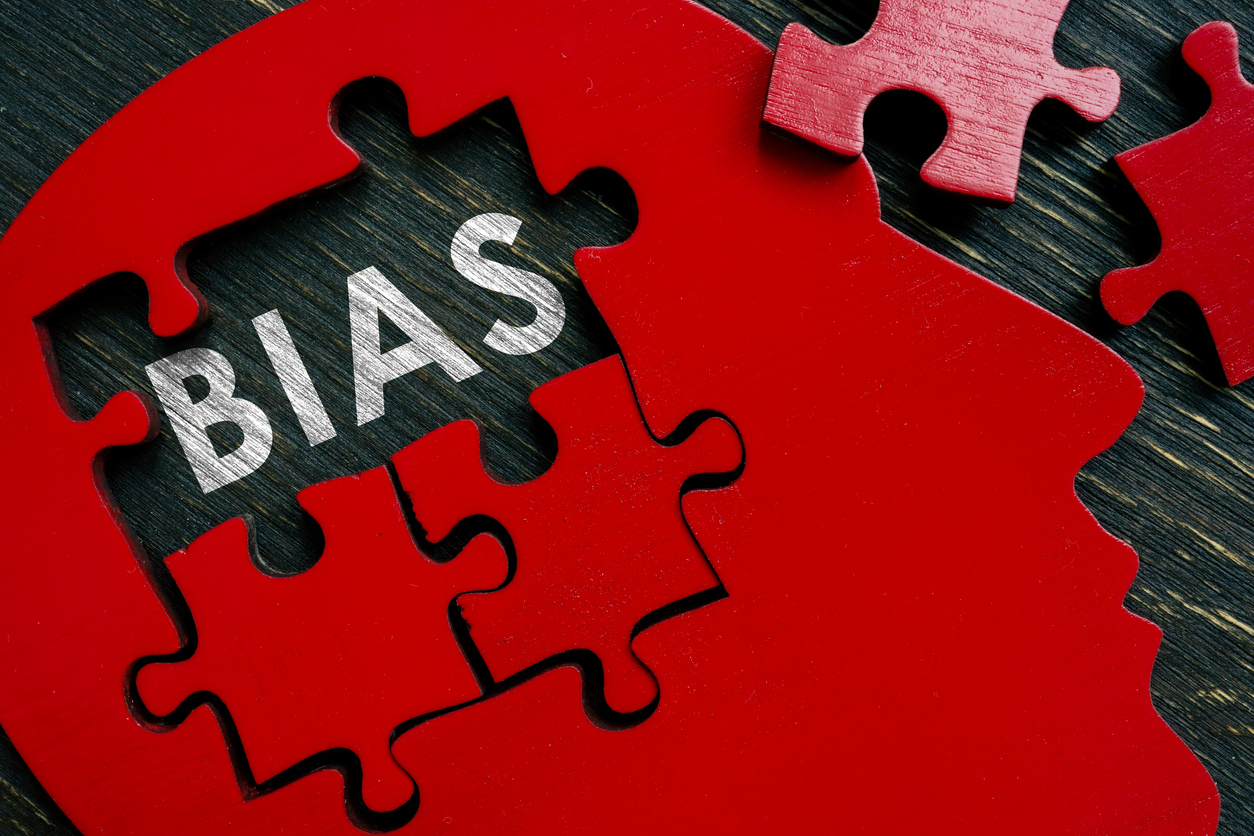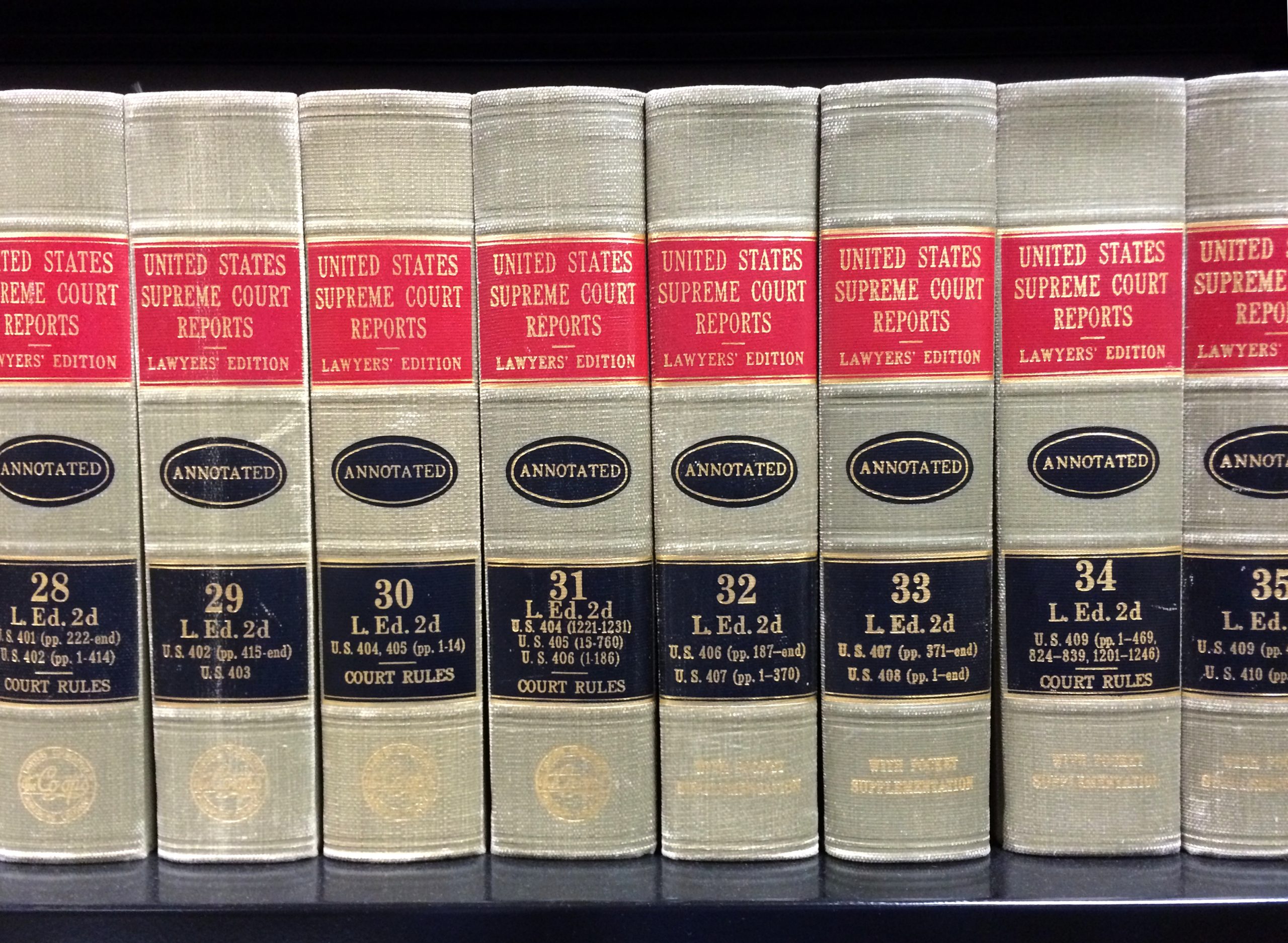Category: I’m in Prison
Resource: List of Dog Training Programs at Florida Prisons
Prisons have dog training programs, as well as programs for cats and even wild horses! These programs benefit both the animals and the people.
READ MOREDo Your Rights Help With Climate Control Problems In Prison?
Climate control problems are common in prisons, but your Eighth Amendment right against cruel and unusual punishment can help.
READ MOREWhat Measures Are Prisons Taking To Slow Spread Of COVID-19?
Because prison guards have largely refused to get vaccinated, prisons have taken other measures to slow the spread of COVID-19. Do they work?
READ MOREIs Your Loved One Earning First Step Act Time Credits Yet?
If you have a loved one in prison, you’ve likely heard about the First Step Act, but can your loved one earn time credits under the Act yet?
READ MOREHow Can You Overturn A Wrongful Conviction?
If you were convicted of a crime despite being innocent, you suffered a wrongful conviction and can take steps to have it overturned.
READ MOREIs The Food In Prisons And Jails Safe To Eat?
Food in jails and prisons is supposed to be safe. But that doesn’t always mean it is. Without set rules, food safety is not guaranteed.
READ MOREHow to Challenge a Prison’s Decision not to Give you a Diet Consistent with your Religion?
If you or your loved ones are denied a diet consistent with your religion in prison you can challenge it in court. There are constitutional as well as legal protections to challenge it.
READ MOREWhat Can You Do If You Think Your Judge Has A Bias?
You have the right to a fair trial under the Sixth Amendment. This includes the right to a fair judge who does not have a bias against you.
READ MOREWhat Is A Motion For A New Trial In A Criminal Case?
If convicted of a crime, you can appeal. But you can also file a motion for a new trial in the court where your criminal case happened.
READ MOREHow Do You Know What Caselaw Applies to Your Case?
If you are facing a trial, the final decision in your case may be based on rules of law created by previous cases. “Caselaws” or “precedents” means the rules established by those previous cases. The judge cites the caselaws as an example to justify their present case decisions.
READ MORE


